1. Actuary
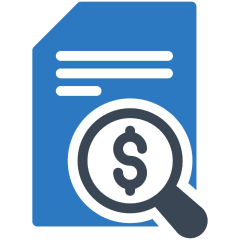
Actuary
An actuary specializes in assessing and managing financial risks in various industries, with a primary focus on insurance and pension plans.
2. Astronomer

Astronomer
An astronomer studies celestial objects and phenomena in the universe.
3. Geographer

Geographer
A geographer studies the Earth's physical and human characteristics and the relationships between them.
4. Pathologist
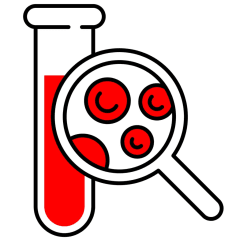
Pathologist
A pathologist is a medical doctor who specializes in the study of disease.
5. Industrial Ecologist

Industrial Ecologist
Industrial ecologists develop strategies to reduce waste, energy consumption, and environmental pollution in various industries.
6. Urologist

Urologist
A urologist is a medical doctor who specializes in the diagnosis and treatment of conditions related to the urinary tract system and male reproductive organs.
7. Economist

Economist
Economists study, analyze, and interpret economic data and trends to understand and predict the behavior of economies.
8. Bioinformatics Scientist

Bioinformatics Scientist
A bioinformatics scientist applies computer science, statistics, and other related fields to solve biological problems.
9. Epidemiologist

Epidemiologist
Epidemiologists are public health scientists who investigate patterns, causes, and effects of diseases and other health-related conditions in specific populations.
10. Operations Research Analyst
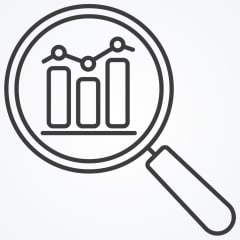
Operations Research Analyst
An operations research analyst applies advanced analytical and mathematical techniques to solve complex problems and optimize decision-making in various industries.
11. Biostatistician

Biostatistician
A biostatistician applies statistical methods and mathematical principles to analyze and interpret data related to biological, medical, and public health research.
12. Database Architect
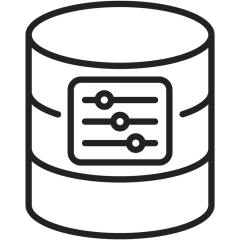
Database Architect
A database architect is a specialized IT professional responsible for designing, creating, and managing large-scale databases used to store and organize vast amounts of digital information.
13. Intelligence Analyst

Intelligence Analyst
An intelligent analyst specializes in leveraging data analysis, artificial intelligence, machine learning, and advanced computational techniques to extract meaningful insights and patterns from large sets of data.
14. Neuropsychologist
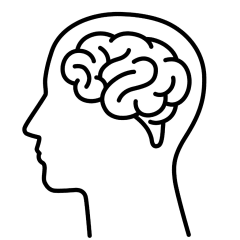
Neuropsychologist
A neuropsychologist focuses on understanding the relationship between the brain, behavior, and cognitive functions.
15. Mathematician

Mathematician
A mathematician specializes in the study and exploration of mathematics.